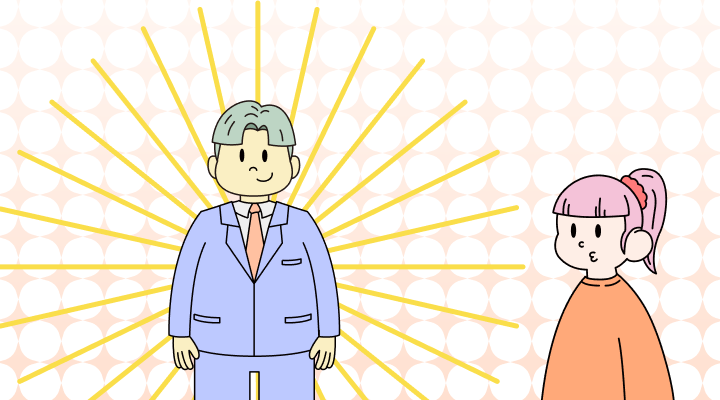"Priviledge" is a misspelling of "privilege," a noun that refers to a special advantage, right, or benefit that is granted to or enjoyed by a particular person or group of people. Privileges are often unearned and can arise from various factors such as social, economic, or cultural circumstances.
For instance, suppose you have Student A and Student B. Student A comes from a wealthy family, has access to private tutors, and never has to worry about affording textbooks or school supplies. Student B, on the other hand, comes from a lower-income background, works part-time to support their family, and struggles to afford the necessary textbooks.
In this situation, "privilege" would mean that Student A has certain advantages and benefits (such as access to resources and educational support) that Student B does not have. Student A's privilege in this context is the result of their family's wealth, and it provides them with advantages in their education that Student B does not share. This example illustrates how privilege can create disparities and advantages in different life situations.
Example sentences
- She acknowledged the privilege of growing up in a safe and stable environment.
- Access to quality education is considered a privilege in many parts of the world.
- His wealth and connections afforded him many privileges in society.
- Being able to travel freely without restrictions is a privilege that not everyone enjoys.
- We should use our privilege to advocate for those who are marginalized and oppressed.
- The country club membership comes with several exclusive privileges.
- Equal access to healthcare should be a basic privilege for all citizens.
- Recognizing one's privilege is an essential step toward fostering empathy and understanding.
- Privilege can blind individuals to the challenges faced by those less fortunate.
- The professor stressed the importance of using one's privilege to create positive change in the community.
Want to sound like a native speaker?
Engram’s AI-powered grammar checker makes your English sound like a native speaker’s, suggesting natural English expressions on top of fixing grammar, spelling, punctuation, word order, and vocabulary.

Reference:















